In Vivo Engineering of Immune Cells (IVEIC) for Cancer Immunotherapy (Speaker Bios)
Adrian I. Bot, M.D., Ph.D.
Capstan therapeutics
CSO
Adrian Bot, M.D., Ph.D. is the founding Chief Scientific Officer and Executive Vice President of Research and Development at Capstan Therapeutics, a company developing next generation precision medicines with focus on in vivo CAR engineering. Dr. Bot has 26 years of experience in biopharmaceutical industry with focus on discovery and development of targeted therapies in general, and immunotherapies in particular. Previously, he held leadership roles at Kite Pharma and Kite, a Gilead Company, including Chief Scientific Officer and Vice President of Translational Medicine and Discovery Research, respectively. At Kite, he contributed to the development of first-in-class CAR T cell therapy products for cancer including YESCARTA. Dr. Bot also served in various senior R&D leadership positions at MannKind Corp and Alliance Pharmaceutical Corp, La Jolla, California. He obtained his M.D. in Romania in 1993, his Ph.D. in Biomedical Sciences at Mount Sinai School of Medicine in New York in 1998 and subsequently, he was a Guest Scientist at the Scripps Research Institute in La Jolla, California.
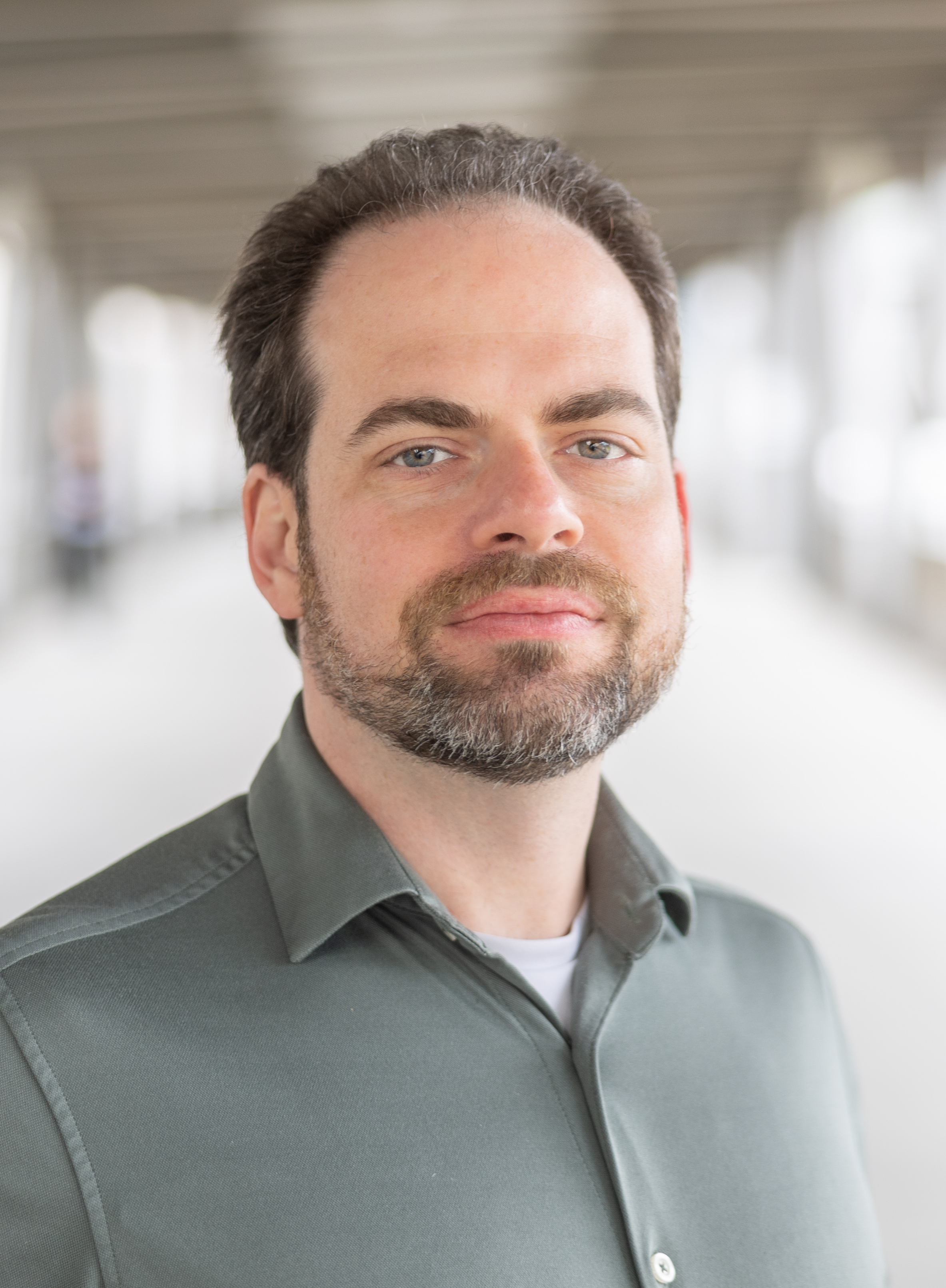
Yevgeny Brudno, Ph.D.
University of North Carolina and North Carolina State University
Implantable Sponges for Same-Day Bedside CAR T Cell Therapys
Yevgeny (Yev) Brudno received dual B.A. degrees in Chemistry and Biophysics from the University of Pennsylvania and his PhD in Chemistry from Harvard University, working with David Liu to develop directed evolution technologies. From there, Yev worked as a postdoctoral fellow at the Wyss Institute at Harvard with Prof. David Mooney, developing controlled release drug delivery technologies for cancer and regenerative medicine. Yev’s research interests span bioconjugate chemistry, materials science, and cellular immunotherapy. Mostly recently, his lab develops materials to transform CAR T cell therapy to increase potency and patient access through bedside and in vivo approaches. Our lab’s research is rooted in the belief that advances in biomaterials and the basic molecular sciences can generate meaningful change in how therapies are designed, produced, and administered.
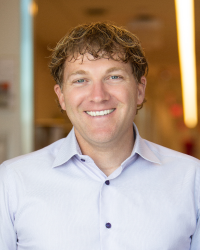
Ryan Crisman, Ph.D.
ryan.crisman@umoja-biopharma.com
Umoja Biopharma
Co-founder and CTO
Ryan Crisman is the co-founder and Chief Technical Officer at Umoja Biopharma. Before starting Umoja in 2019, Ryan served as the Executive Director for the Gates Biomanufacturing Facility, where he was responsible for building out and staffing this protein and cell therapy CDMO. He was instrumental in growing the facility’s cGMP capabilities and delivering many first in human therapeutic products to patients. While at Juno Therapeutics, Ryan led the JCAR017 CMC program and was the Head of Late Stage Process Development. He has also held scientific leadership positions at Zymogenetics and CMC Biologics.
Ryan holds a Ph.D. in Chemical Engineering from the University of Colorado, Boulder, and a bachelor’s degree in Chemical Engineering from Washington State University.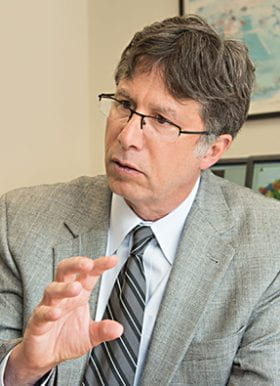
David T Curiel, M.D., Ph.D.
Washington University School of Medicine in St. Loius
Professor of Radiation Oncology
David T. Curiel, MD, PhD, is a tenured professor in the Cancer Biology Division of the Department of Radiation Oncology. Dr. Curiel graduated from medical school at Emory University in 1982, where he also completed his internship and residency in Internal Medicine. Dr. Curiel’s scientific training includes tenureship at the National Institutes of Health in Bethesda, Maryland at the Pulmonary Branch of the Heart and Lung, and Blood Institute (NHLBI) from 1985-1989, and a fellowship in Biotechnology at the National Cancer Institute, Navy Medical Oncology Branch from 1989-1990. He received his Ph.D. from University of Groningen in The Netherlands in 2002. Dr. Curiel has been at Washington University School of Medicine since 2011 and is the Director of the Biologic Therapeutics Center. His work is focused on gene transfer vectors to advance the human application of gene therapy, virotherapy, and vaccinology. His oncolytic virotherapy for glioblastoma is fast track for FDA approval. He is also the editor in chief for the Journal of Ovarian Research. Currently he is a funded member of the NIH Common Fund’s Somatic Cell Genome Editing (SCGE) program.
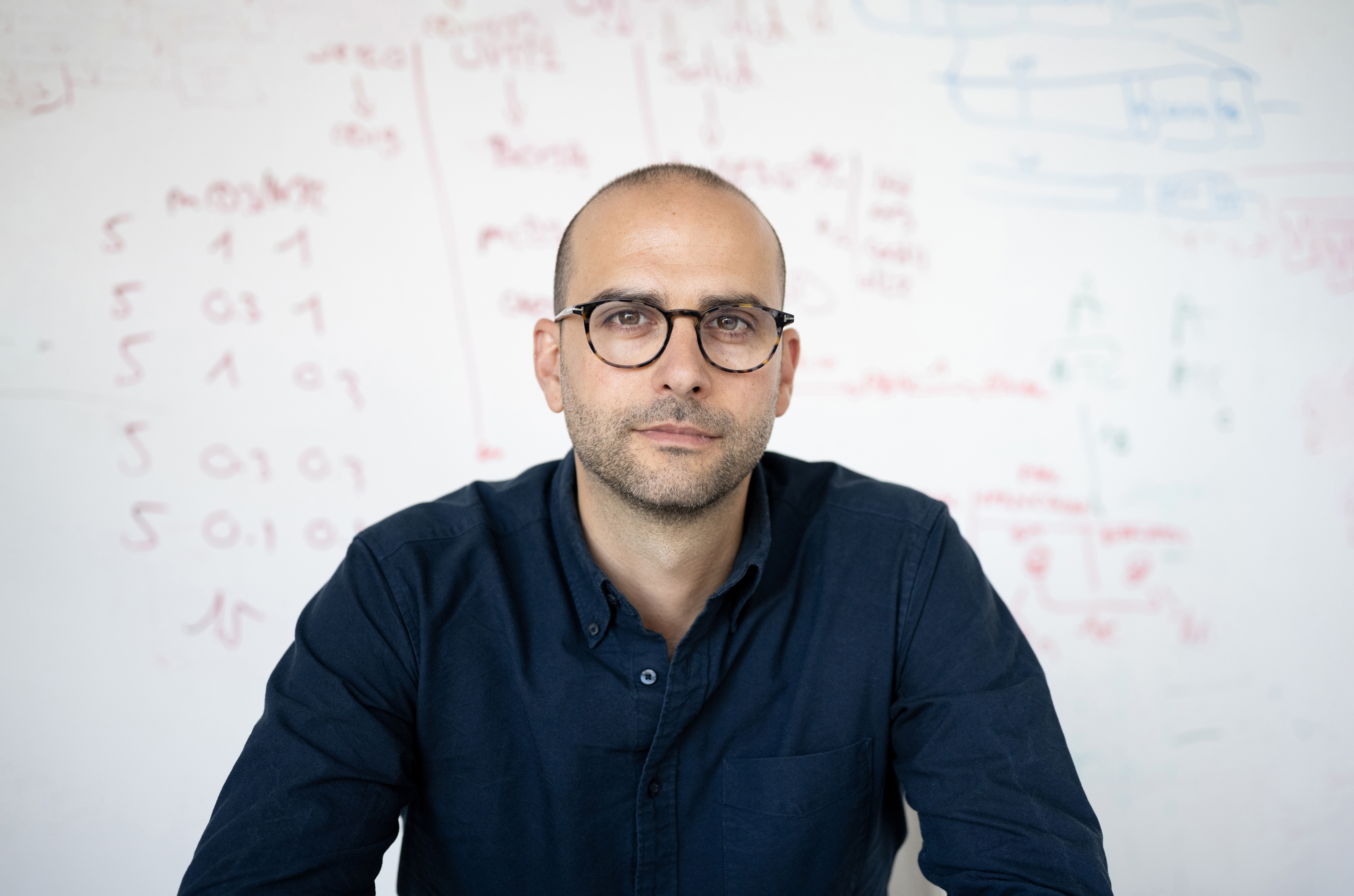
Justin Eyquem, Ph.D
University of California, San Francisco
In vivo site-specific engineering to reprogram T cells
Justin Eyquem, PhD, is the Director of the Center for Immune Cell Engineering and an Assistant Professor of Medicine in the Division of Hematology and Oncology at UC San Francisco (UCSF). He is also an Investigator at the Gladstone-UCSF Institute for Genomic Immunology.
He holds Master’s degrees in bioengineering and genetics from the Paris School of Agronomy (AgroParisTech) and the University Paris VII. He earned his PhD in immunology and molecular biology from University Paris VII (in collaboration with Cellectis) and trained as a postdoctoral fellow in the laboratory of Michel Sadelain at Memorial Sloan-Kettering Cancer Center. In 2019, he joined UCSF as a Parker Fellow and became an Assistant Professor in 2021. He is a member of the Parker Institute for Cancer Immunotherapy, the Helen Diller Family Comprehensive Cancer Center, and UCSF ImmunoX.
Dr. Eyquem’s research focuses on optimizing genetically modified immune T cells, known as CAR-T cells, to fight cancers and other diseases. He has pioneered methods to edit the genome of human CAR-T cells and developed techniques to reprogram their functions both outside the body (ex vivo) and inside the body (in vivo). Additionally, he leads a preclinical team dedicated at designing the most effective therapies for a UCSF clinical pipeline. Finally, he participated in multiple collaborations to facilitate the manufacturing of CAR-T cells for clinical use, including a UCSF clinical trial in Myeloma set to begin by the end of 2024.
His work has earned him several awards, including the 2019 Parker Fellow Award, the 2023 ASGCT Outstanding New Investigator Award, and the 2024 Pew-Stewart Award. The technologies he developed have been licensed to multiple biotech and pharma companies, resulting in multiple ongoing clinical trials. Additionally, he co-founded cell and gene therapy companies, which focus on developing drugs for cancer, autoimmune disorders, and genetic diseases.
Kevin Friedman, Ph.D.
Kelonia Therapeutics
CEO & Founder
Kevin Friedman leads a cutting-edge in vivo gene delivery company focused on advancing both the therapeutic benefits of and ease of patient access to transformative genetic medicines. Kevin is an experienced drug developer and recognized leader in cell and gene therapy. He has prior experience building and managing the oncology gene therapy pipeline as VP of Oncology Research and Development at Bluebird Bio where he was responsible for developing several medicines including the first approved anti-BCMA CAR T cell for treatment of Multiple Myeloma (Abecma). Kevin received his PhD from Oregon Health and Sciences University and was trained in the Surgery branch at the National Cancer Institute. Kevin’s name appears on numerous patents and publications from throughout his over twenty years of experience working in cell and gene therapies.
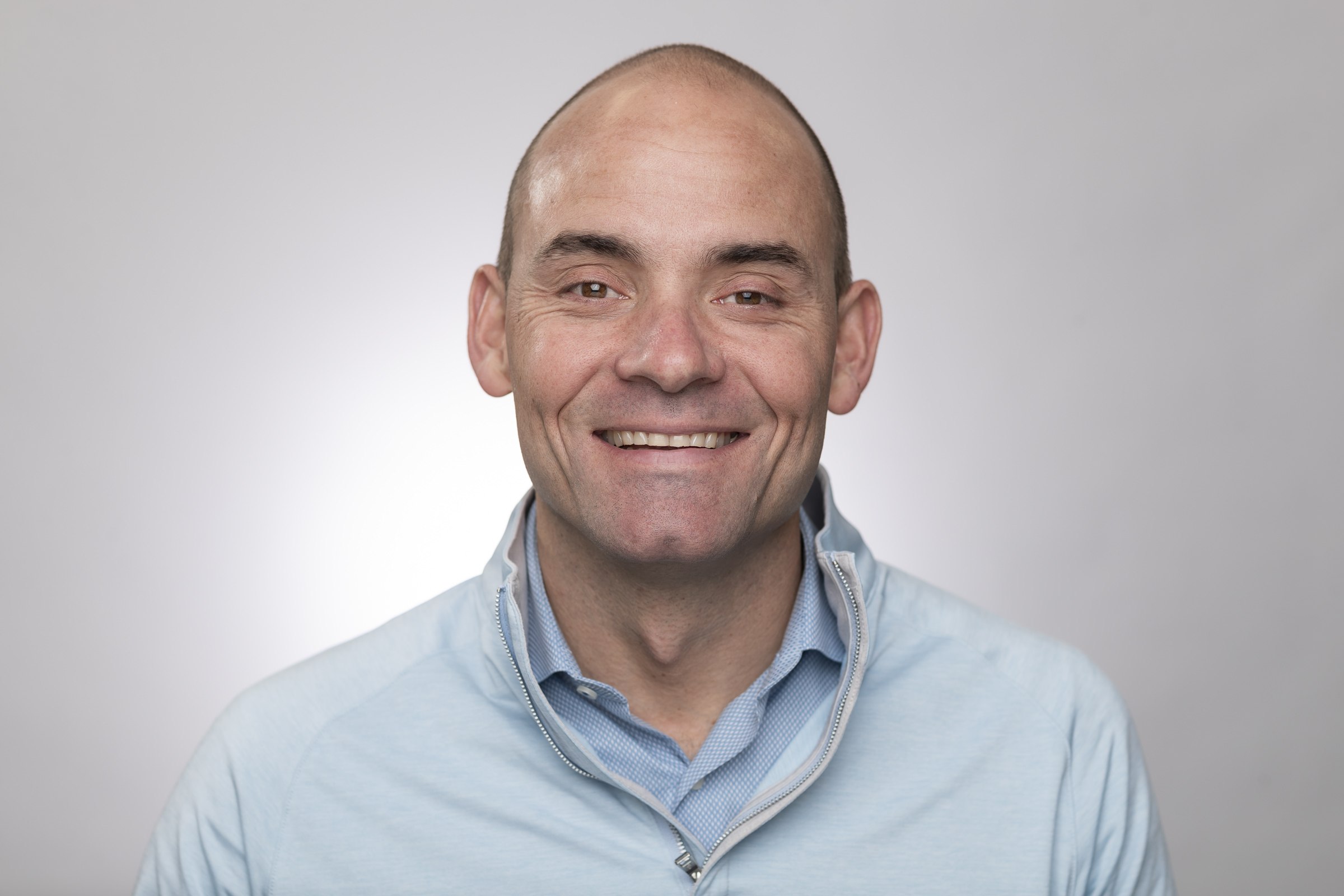
Charles Gersbach, PhD
Duke University
John W. Strohbehn Distinguished Professor of Biomedical Engineering
Dr. Charles A. Gersbach is the John W. Strohbehn Distinguished Professor of Biomedical Engineering at Duke University and the Director of the Duke Center for Advanced Genomic Technologies. His research interests are in genome and epigenome editing, gene therapy, regenerative medicine, biomolecular and cellular engineering, synthetic biology, and genomics. His work has led to new approaches to study genome structure and function, program cell biology, and treat genetic disease. Dr. Gersbach’s work has been recognized through awards including the NIH Director’s New Innovator Award, the NSF CAREER Award, the Outstanding New Investigator Award from the American Society of Gene and Cell Therapy, and induction as a Fellow of the American Institute for Medical and Biological Engineering and member of the National Academy of Inventors. He is also the co-founder of three biotechnology companies and an advisor to several others.
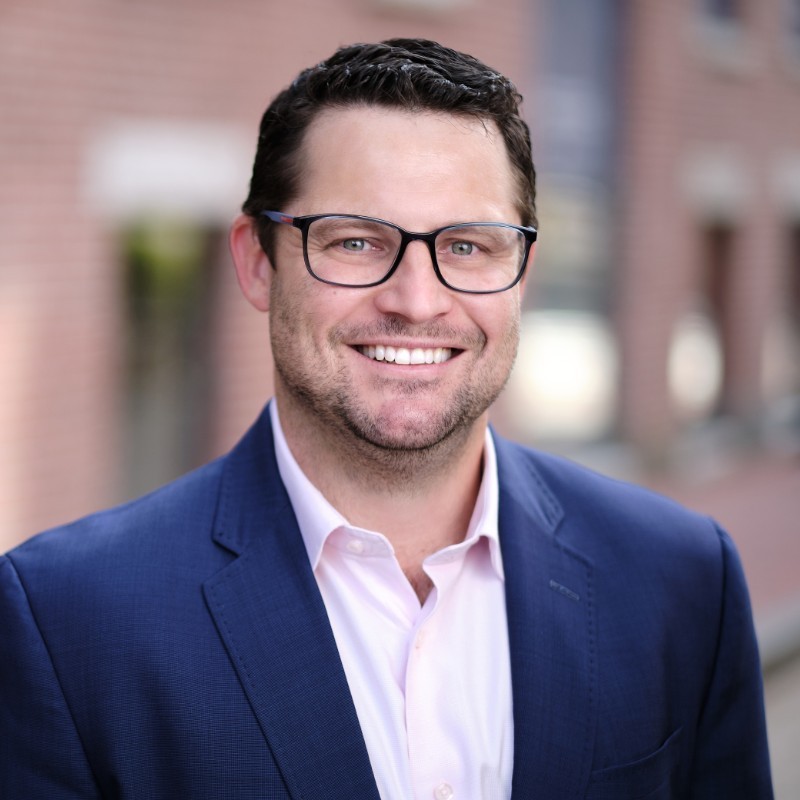
Daniel Getts, MBA PhD
Myeloid Therapeutics
CEO
Dr. Getts is the CEO and co-founder of Myeloid Therapeutics, a clinical-stage immunology company based in Cambridge. Myeloid is renowned as the first company in the world to deliver in vivo CAR therapy to humans. Dr. Getts is also the founder of Aurora Biosynthetics, a Myeloid subsidiary focused on GMP DNA & RNA manufacturing, based in Sydney, Australia.
Prior to founding Myeloid, Dr. Getts was the Vice President of Research at TCR2 Therapeutics (NASDAQ: TCRR), where he was a member of the leadership team that successfully secured a Series B financing round of $120 million and an IPO of approximately $80 million. His primary responsibilities included leading the company’s target discovery, preclinical, and translational research programs.
Before his tenure at TCR2, Dr. Getts was the primary inventor, founder, and Chief Scientific Officer of Cour Pharmaceuticals Development Company. Cour is a nanotechnology platform company dedicated to addressing autoimmunity and inflammation. During his time there, Dr. Getts was instrumental in negotiating several pharmaceutical collaborations and licenses, including a significant partnership with Takeda.
Earlier in his career, Dr. Getts served as the Director of Research & Development at Tolera Therapeutics. In this role, he was the lead immunologist responsible for advancing the company’s monoclonal antibody program from discovery to Phase 3.
Dr. Getts has received numerous honors and awards and holds over 100 patents and patent applications. Since 2010, he has played a direct or indirect role in bringing nine novel RNA, cell, and immune products from discovery to the clinic. He is widely published, with over 50 peer-reviewed publications in prestigious journals, including Nature Biotechnology, Science Translational Medicine, and Nature Communications.
Dr. Getts completed his postdoctoral training at Northwestern University in Stephen Miller’s laboratory. He holds a PhD in Medicine from the University of Sydney and an MBA from Western Michigan University.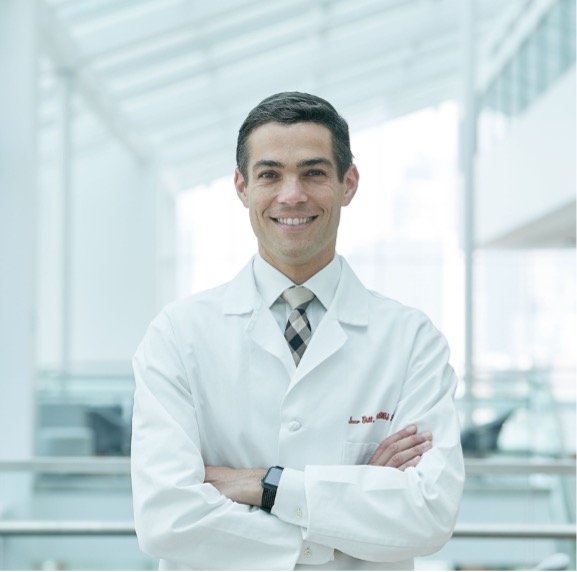
Saar Gill, M.D., Ph.D.
Saar.Gill2@pennmedicine.upenn.edu
University of Pennsylvania
Associate Professor of Medicine
Dr. Gill obtained his medical degree and Ph.D in immunology from the University of Melbourne, and trained in hematology at St Vincent’s Hospital, the Royal Melbourne Hospital and the Peter MacCallum Cancer Centre. In 2008 he moved to the United States, first to pursue a post-doctoral fellowship in cellular therapy at Stanford University, and then in 2011 to the University of Pennsylvania where he is now an associate professor of medicine. Dr Gill is also the Scientific Director of Penn’s Center for Cell Therapy and Transplantation, and a co-director of the Parker Institute for Cancer Immunotherapy at the University of Pennsylvania.
Dr. Gill’s clinical practice is in leukaemia and bone marrow transplantation. He has led clinical trials of chimeric antigen receptor (CAR) T cells for chronic and acute leukemias. Dr. Gill’s research laboratory focuses on the interface between adoptive cellular therapy and genetic engineering, with a strong translational focus. Dr. Gill has authored over 100 peer-reviewed papers and is listed as an inventor on over 60 patents. He has spun out two biotechnology companies that currently employ over 100 people in Philadelphia. Dr. Gill’s past trainees hold independent academic appointments at the University of Melbourne, the Israel Institute of Technology, Mayo Clinic, Washington University, and at the University of Pennsylvania School of Medicine.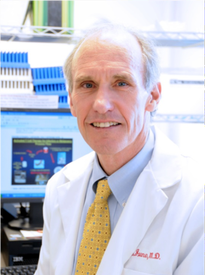
Carl H June, M.D.
University of Pennsylvania
Professor in Immunotherapy, Director of the Center for Cellular Immunotherapies
Carl June is the Richard W. Vague Professor in Immunotherapy in the Department of Pathology and Laboratory Medicine. He is currently Director of the Center for Cellular Immunotherapies and Director of the Parker Institute for Cancer Immunotherapy at the University of Pennsylvania. He is a graduate of the Naval Academy in Annapolis, and Baylor College of Medicine in Houston, 1979. He had graduate training in Immunology and malaria with Dr. Paul-Henri Lambert at the World Health Organization, Geneva, Switzerland from 1978-79, and post-doctoral training in transplantation biology with E. Donnell Thomas and John Hansen at the Fred Hutchinson Cancer Research Center in Seattle from 1983-1986. He is board certified in Internal Medicine and Medical Oncology. He maintains a research laboratory that studies various mechanisms of lymphocyte activation that relate to immune tolerance and adoptive immunotherapy for cancer and chronic infection. In 2011, his research team published findings detailing a new therapy in which patients with refractory and relapsed chronic lymphocytic leukemia were treated with genetically engineered versions of their own T cells. The treatment has also now been used with promising results to treat children with refractory acute lymphoblastic leukemia. He has published more than 350 manuscripts and is the recipient of numerous prizes and honors, including election to the Institute of Medicine in 2012 and the American Academy of Arts and Sciences in 2014, the William B Coley award, the Richard V Smalley Memorial Award from the Society for Immunotherapy of Cancer, the AACR-CRI Lloyd J. Old Award in Cancer Immunology, the Philadelphia Award in 2012, the Taubman Prize for Excellence in Translational Medical Science in 2014, the Paul Ehrlich and Ludwig Darmstaedter Prize, the Novartis Prize in Immunology, the Karl Landsteiner Memorial award, the Debrecen Award and a lifetime achievement award from the Leukemia and Lymphoma Society.
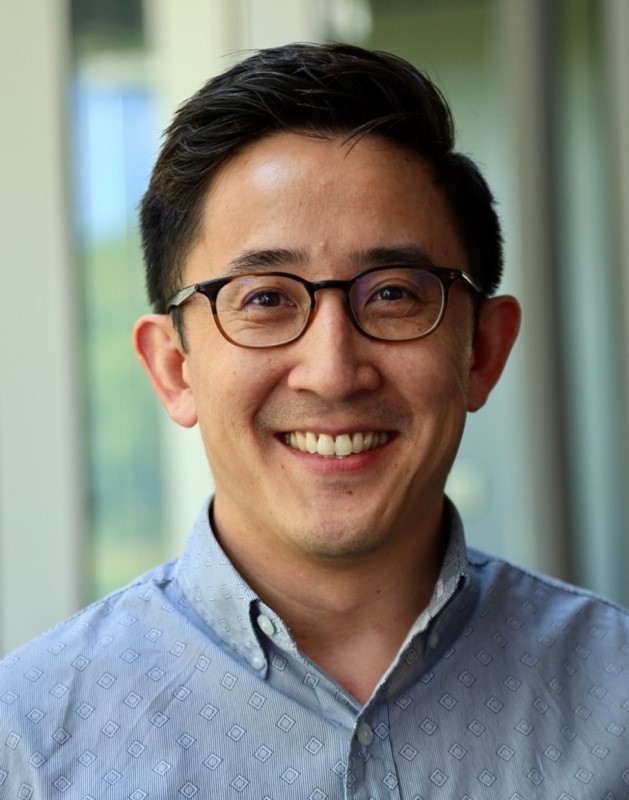
Gabriel Kwong, Ph.D.
Department of Biomedical Engineering Georgia Tech and Emory School of Medicine
Associate Professor
Dr. Kwong is an Associate Professor in the Wallace H. Coulter Department of Biomedical Engineering at Georgia Tech and Emory University. He earned his B.S. from UC Berkeley and his Ph.D. from Caltech both in Bioengineering. His research program is centered at the interface of bioengineering, immunology and medicine. His group pioneers cell therapies and biosensors to address frontier challenges in cancer, transplantation medicine, and infectious diseases. Among his distinctions, Dr. Kwong is a recipient of the NIH Director's New Innovator and Pioneer Awards, and currently leads the $49.5 million Cancer and Organ Degradome Atlas (CODA) project, a multi-institutional research enterprise supported by ARPA-H to revolutionize multi-cancer early detection. Dr. Kwong co-founded two biotechnology companies and holds over 35 issued or pending patents.
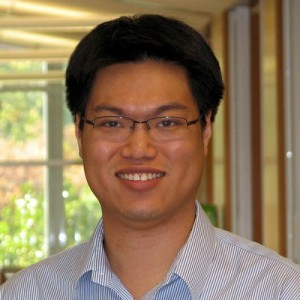
Sam Lai, Ph.D.
University of North Carolina Eshelman School of Pharmacy
Professor
Sam Lai, Ph.D., is a Professor of Pharmacoengineering & Molecular Pharmaceutics at the Eshelman School of Pharmacy in UNC - Chapel Hill, with joint appointments in Microbiology and Immunology. He directs a dynamic and highly multidisciplinary research program at UNC at the interface of immunology, bioengineering, nanotechnology, drug/gene delivery, mucosal health and computational modeling. Specific areas of research include: (1) antibody engineering for mucosal health; (2) elucidating and overcoming adaptive immune response to synthetic materials; (3) immunomodulation of the tumor microenvironment through antibody engineering, and (4) targeted in vivo editing of immune cells. Sam's work has spawn multiple new areas of research, and his inventions have culminated in multiple FDA-approved products as well as active clinical trials. This included the first particle systems capable of traversing human mucus to deliver medicines to underlying cells and tissues, which formed the basis of FDA-approved INVELTYS and EYSUVIS. At UNC, he pioneered the discovery and translational development of muco-trapping mAbs - mAbs that can interact with mucins to immobilize viruses, bacteria and cells. The platform led to Inhalon Biopharma, a clinical stage company with a pipeline of inhaled antibody treatments for respiratory infections, and Mucommune, which is advancing the platform for non-hormonal contraception and prevention of sexually transmitted infections. In vivo engineering of immune cells represents the next frontier in his lab's continued evolution to develop and advance impactful solutions to address unmet medical challenges.
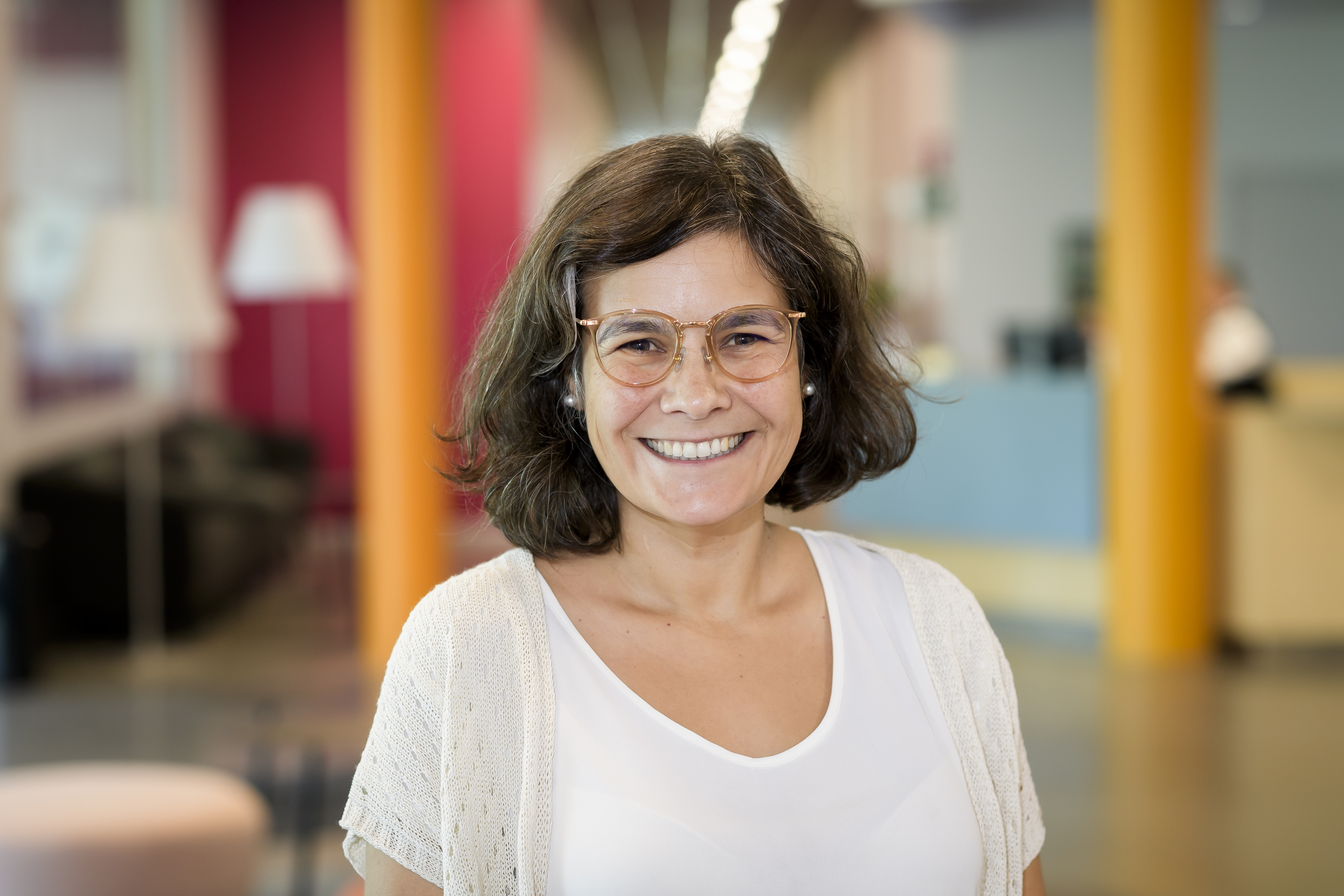
Cristiana F Pires, Pharm.D. Ph.D.
Asgard Therapeutics AB
CEO and co-founder
Cristiana Pires is Chief Executive Officer and scientific co-founder of Asgard Therapeutics, a pre-clinical stage company developing in-vivo direct reprogramming approaches for cancer immunotherapy. As CEO, Dr. Pires spearheads Asgard’s mission to pioneer off-the-shelf therapies capable of recreating functional immune cells within the patient´s body, overcoming the manufacturing and logistic hurdles of traditional cell therapies.
Asgard’s lead program, AT-108, is a first-in-class, off-the-shelf approach that converts tumor cells into highly immunogenic antigen presenting cells, kick-starting systemic and personalized anti-tumor responses. AT-108 is an intra-tumoral gene therapy vector that delivers proprietary reprogramming factors to solid tumors, with strong PoC data published recently in the journal Science. Under Cristiana’s leadership, the company secured a total of EUR 36 million from top VC investors and corporate funds to advance AT-108 to FIH trials and further develop the company’s pipeline.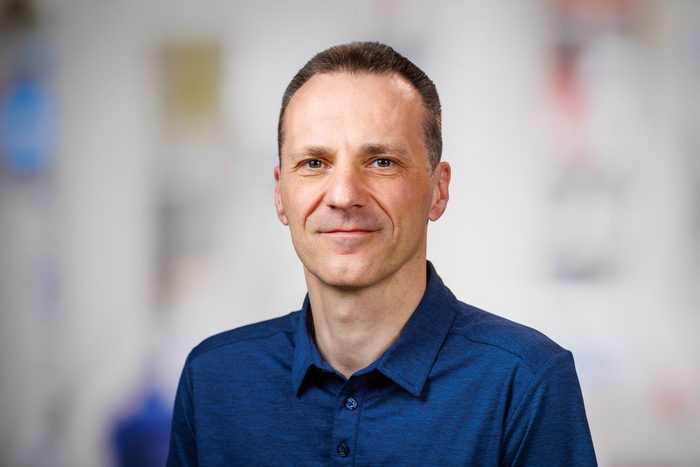
Matthias Stephan, M.D., Ph.D.
Fred Hutchinson Cancer Center
In vivo macrophage reprogramming: Localized BiTE secretion for retargeting T cells to tumor
Dr. Stephan is Professor in the Translational Science and Therapeutics Division at Fred Hutchinson Cancer Center in Seattle. After attending medical school in Germany, he trained in CAR T-cell therapy with Dr. Michel Sadelain at MSKCC, and bioengineering at MIT. In 2017 his group first published a mRNA nanoparticle-based method to program antigen-recognizing capabilities into lymphocytes circulating in vivo. Based on this research, he co-founded Tidal Therapeutics in 2019, which was acquired by Sanofi in April 2021. His team also developed biomaterial implants for in situ programming of CAR T-cells. This platform was recently licensed by Jupiter Bioventures for further development with the goal to reduce the time and cost of CAR T therapies by creating synthetic lymph nodes that are made outside the patient and then implanted using a minimally invasive procedure.
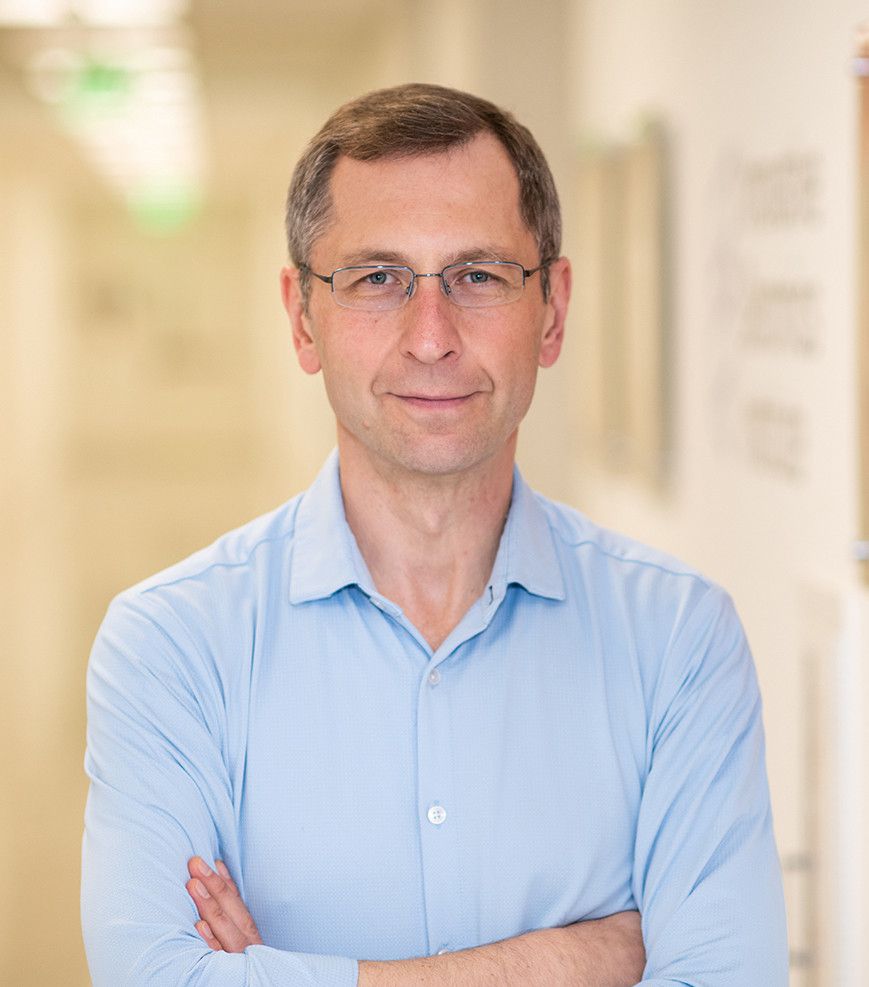
Fyodor Urnov, Ph.D.
University of California, Berkeley
Professor of Molecular and Cell Biology
Fyodor Urnov is a Professor of Molecular and Cell Biology at the University of California, Berkeley, and Director of Technology & Translation at the Innovative Genomics Institute (IGI). A pioneer in the field of therapeutic genome editing, Fyodor’s research focuses on advancing genome editing technology and pushing the boundaries of how it can be applied to solve real-world problems.
Fyodor trained as an undergraduate in Biology at Moscow State University, and then studied the interplay between chromatin and transcription factors for his Ph.D. at Brown University (with Susan Gerbi) and as a postdoctoral fellow at the NIH (with Alan Wolffe).
In his work at Sangamo Therapeutics (2000–16), Fyodor and colleagues demonstrated the first use of zinc-finger nucleases to edit DNA in human cell and coined the term “genome editing.” Fyodor then led collaborative teams to establish at-scale applications of genome editing for human somatic cell genetics and model animal and crop reverse genetics. Fyodor was a key member of the team that developed the first-in- human application of genome editing (2009), and then led a cross-functional team from basic discovery to IND of first-in-human clinical trials for the hemoglobinopathies beta-thalassemia and sickle cell disease (trials currently ongoing in partnership with UCSF Benioff Children’s Hospital and UCLA Broad Stem Cell Research Center).
At the IGI, Fyodor works in collaborative teams to develop first-in-human applications of experimental CRISPR-based therapeutics for sickle cell disease (with Mark Walters, UCSF), genetic disorders of the immune system (with Alexander Marson, UCSF/IGI), radiation injury (with Jonathan Weissman, MIT/Whitehead Institute), cystic fibrosis (with Ross Wilson, IGI), and neurological disorders (with Weill Neurohub and Roche/Genentech).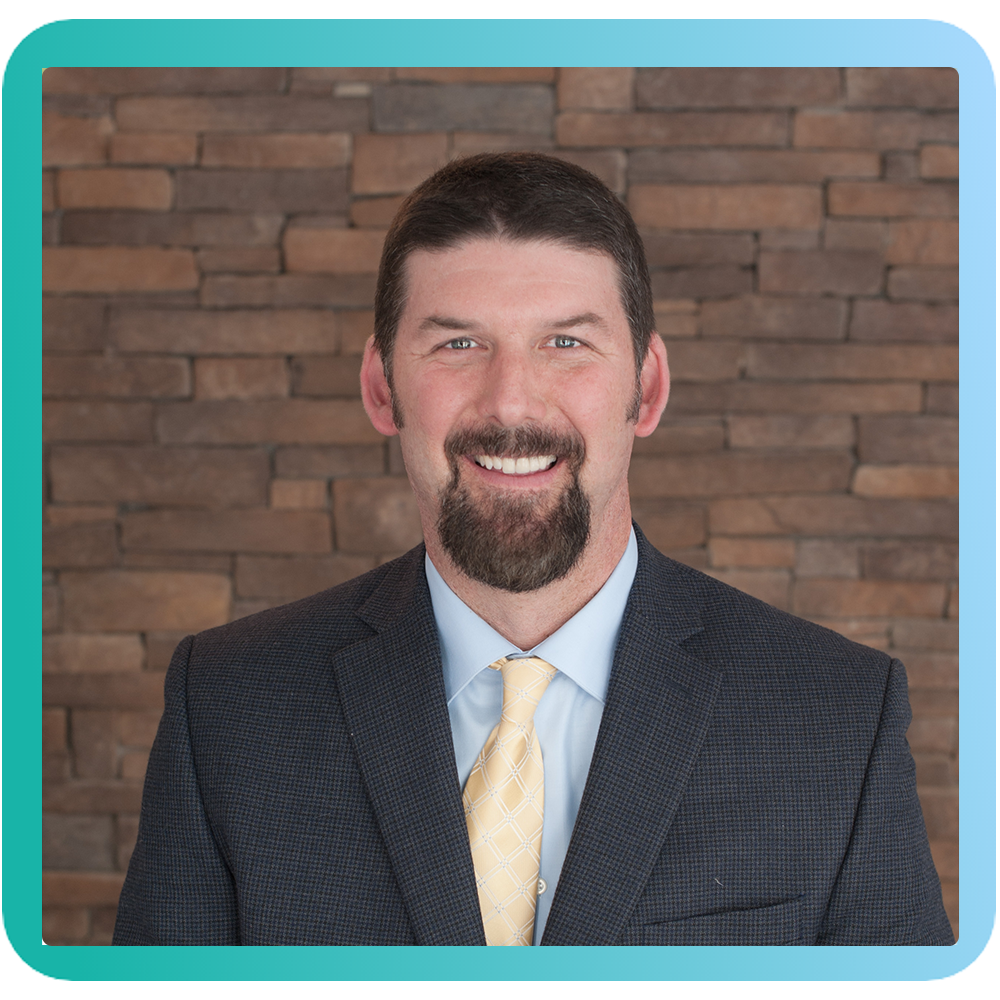
Thomas George Whitehead,
Emily Whitehead Foundation
Founder
Tom Whitehead is a keynote speaker, author, and journeyman lineman for Penelec, a FirstEnergy Company. He is also the proud father of Emily, and co-founder of the Emily Whitehead Foundation, which raises funds and awareness for pediatric cancer immunotherapy research. Tom and his wife Kari founded the Emily Whitehead Foundation in honor of their daughter Emily who was diagnosed at age five with an aggressive form of leukemia that failed to respond to chemotherapy. As a last hope, Emily was enrolled in a clinical trial and became the first pediatric patient in the world to receive CAR T-cell therapy. The therapy worked and Emily is now 11 years cancer free and considered cured.
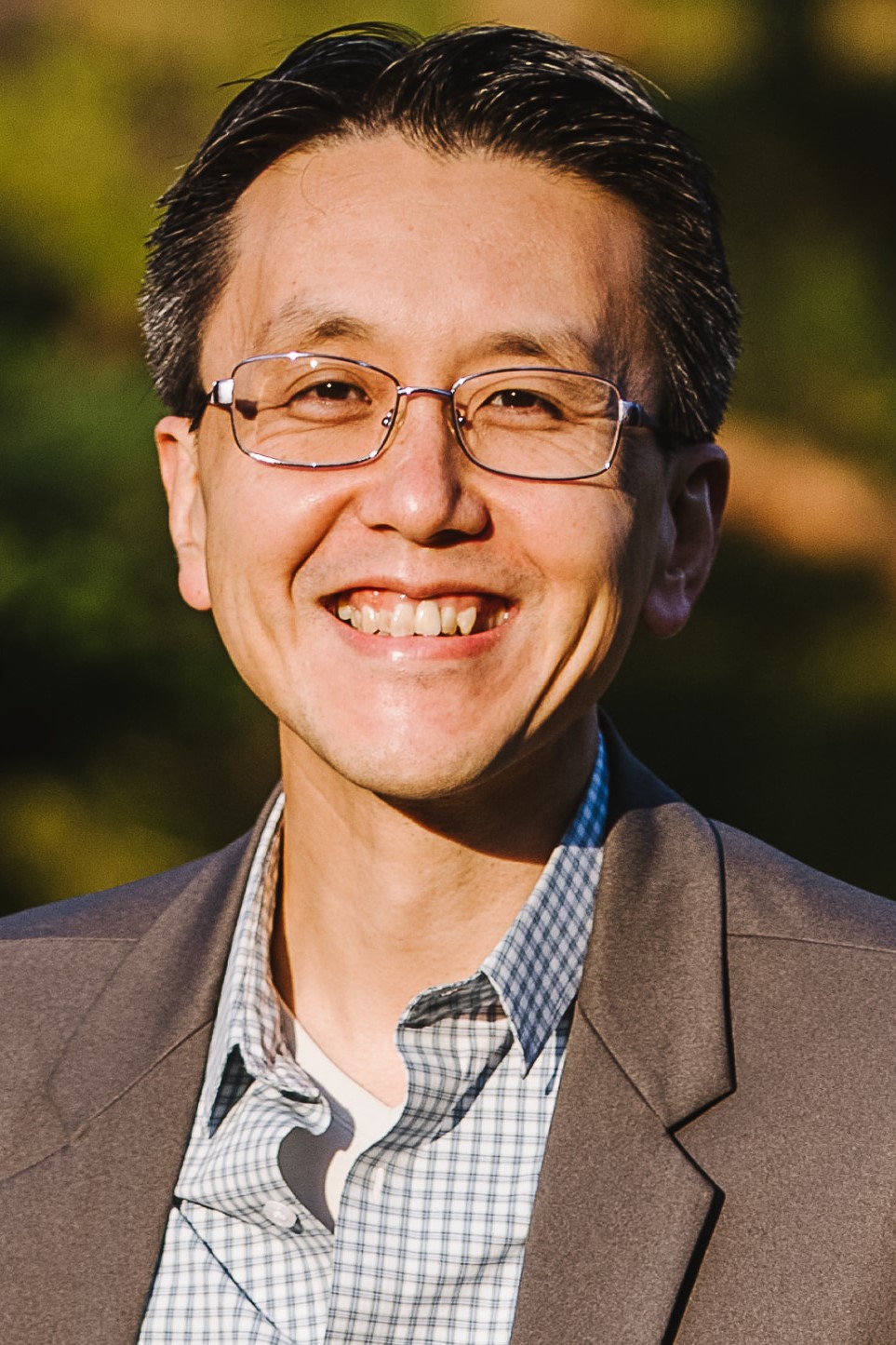
Wilson W Wong, Ph.D.
Boston University
Associate Professor
Dr. Wilson Wong is an Associate Professor of Biomedical Engineering at Boston University. He is also a founding member of the Biological Design Center. He received his B.S. and Ph.D. in Chemical Engineering from UC Berkeley and UCLA, respectively. He obtained his postdoctoral training from UCSF. Dr. Wong's lab combines engineering, biological network design, molecular biology, and immunology to develop genetic tools for basic biomedical research and cell and gene therapy. A specific goal is to design robust and reliable methods to perform complex cellular computations in a spatiotemporally controlled manner, which will have significant implications in engineering complex tissues and designing cellular therapy with improved safety and specificity. Dr. Wong's research has been recognized by the NIH Director's New Innovator Award, NSF CAREER Award, ACS Synthetic Biology Young Investigator Award, and the College of Engineering Early Career Excellence in Research Award.
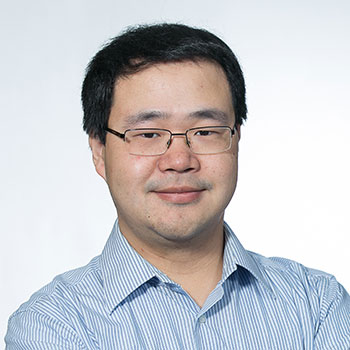
Wen Xue, Ph.D.
UMass Chan Medical School
Associated Professor
Dr. Wen Xue is an associate professor with tenure at the RNA Therapeutics Institute at the University of Massachusetts Medical School. He did Ph.D. training with Dr. Scott Lowe at the Cold Spring Harbor labs and Stony Brook University (2005-2009) and postdoctoral training under the mentorship of Dr. Tyler Jacks at MIT (2009-2014). His research focuses on cancer genetics using mouse models and study of genetic diseases using CRISPR genome editing. His lab has pioneered a series in vivo application of novel CRISPR-based techniques to correct or study genetic diseases in mouse models. He has received awards including the NIH Director’s New Innovator Award and Scientific Merit Award of the Lung Cancer Research Foundation. He is on the editorial board of Hepatology, Human Gene Therapy, and FASEB.
